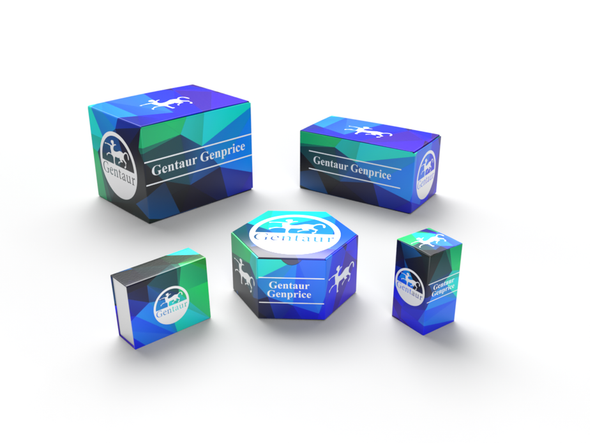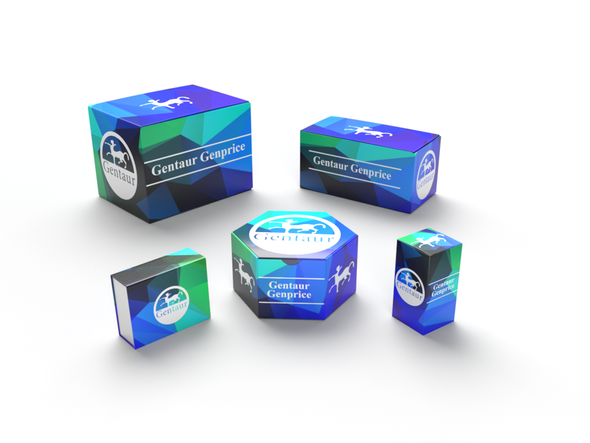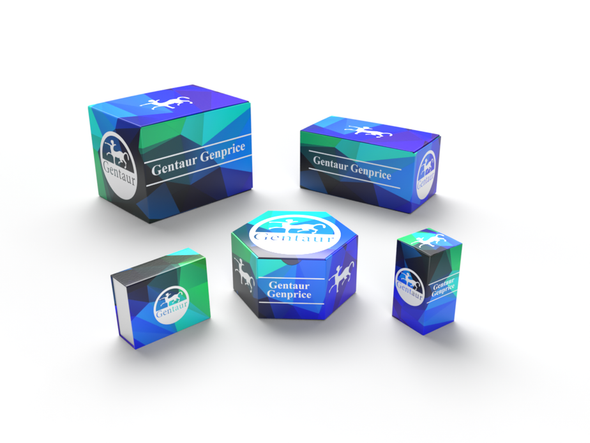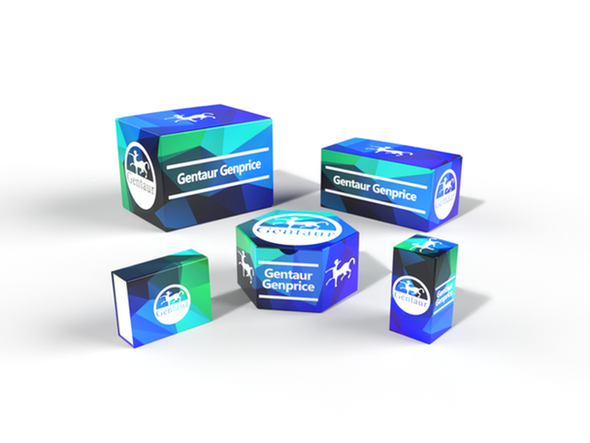Description
ADAM11 Antibody | 15-449 | Gentaur UK, US & Europe Distribution
Host: Rabbit
Reactivity: Human, Mouse, Rat
Homology: N/A
Immunogen: Recombinant fusion protein containing a sequence corresponding to amino acids 290-430 of human ADAM11 (NP_002381.2) .
Research Area: Cancer, Cell Cycle, Signal Transduction
Tested Application: WB, IF
Application: WB: 1:500 - 1:2000
IF: 1:50 - 1:200
Specificiy: N/A
Positive Control 1: U-87MG
Positive Control 2: Mouse brain
Positive Control 3: N/A
Positive Control 4: N/A
Positive Control 5: N/A
Positive Control 6: N/A
Molecular Weight: Observed: 83kDa
Validation: N/A
Isoform: N/A
Purification: Affinity purification
Clonality: Polyclonal
Clone: N/A
Isotype: IgG
Conjugate: Unconjugated
Physical State: Liquid
Buffer: PBS with 0.02% sodium azide, 50% glycerol, pH7.3.
Concentration: N/A
Storage Condition: Store at -20˚C. Avoid freeze / thaw cycles.
Alternate Name: Disintegrin and metalloproteinase domain-containing protein 11, ADAM 11, Metalloproteinase-like, disintegrin-like, and cysteine-rich protein, MDC, ADAM11, MDC
User Note: Optimal dilutions for each application to be determined by the researcher.
BACKGROUND: This gene encodes a member of the ADAM (a disintegrin and metalloprotease) protein family. Members of this family are membrane-anchored proteins structurally related to snake venom disintegrins, and have been implicated in a variety of biological processes involving cell-cell and cell-matrix interactions, including fertilization, muscle development, and neurogenesis. The encoded preproprotein is proteolytically processed to generate the mature protease. This gene represents a candidate tumor suppressor gene for human breast cancer based on its location within a minimal region of chromosome 17q21 previously defined by tumor deletion mapping. Alternative splicing results in multiple transcript variants, at least one of which encodes an isoform that is proteolytically processed.






![ADAM11 Antibody (N-term) [APR03904G] ADAM11 Antibody (N-term) [APR03904G]](https://cdn11.bigcommerce.com/s-1rdwiq712m/images/stencil/590x590/products/55850/56154/gentaur-genprice__26005.1661610467__29809.1661628092__75433.1661676199__77988.1661684280__64362.1661692443__53866.1661836691.png?c=1)